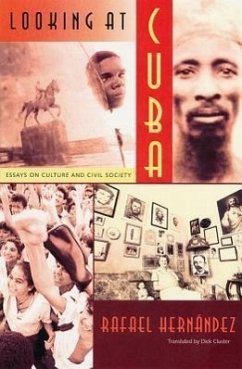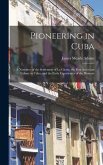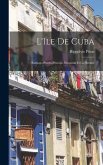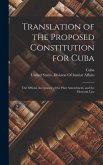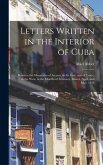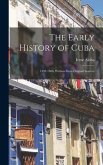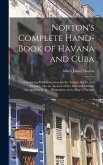This unprecedented inside look at Cuba offers the first discussion in English of the way radical changes in the island's economy and society in the 1990s created a new environment for rethinking the country's future. Written and first published in Spanish by a Cuban political scientist--who is also a socialist, a poet, and a sociologist--the essays set off sharp debate in Cuba about civil society, public opinion, culture, and politics. Rafael Hernandez, one of the most visible intellectuals living and writing in Cuba today, addresses such controversies as the current social diversity brought about by socialist policies, the presence of well-educated new generations, and the emergence of growing inequality that accompanied and has followed the crisis of the 1990s. He also discusses the role played by Fidel Castro in this transitional period; Cuban foreign relations; the revival of religious practices on the island; the new debate over racial prejudice and discrimination; and the new environment for artistic freedom of expression. In contrast to most outside observers, he argues that future transformation of the socialist system in Cuba must not be discussed simply in political terms because the social and cultural fabric of the island is also integral to what makes the government socialist or not. His discussion of the political restrictions and civil responsibilities of the Cuban intellectual and artist emphasize his point that the future of socialism in Cuba will be more radical for its humanism. Hernandez's independent voice refutes the notion that within Cuba only "officialists" and "dissidents" speak out and that intellectual debate is the exclusive property of Cuban emigres or theU.S. government.
